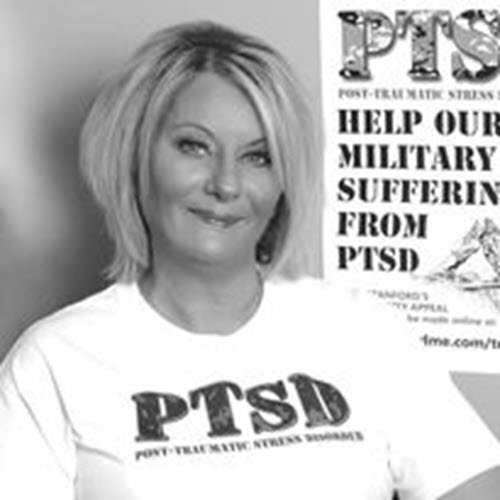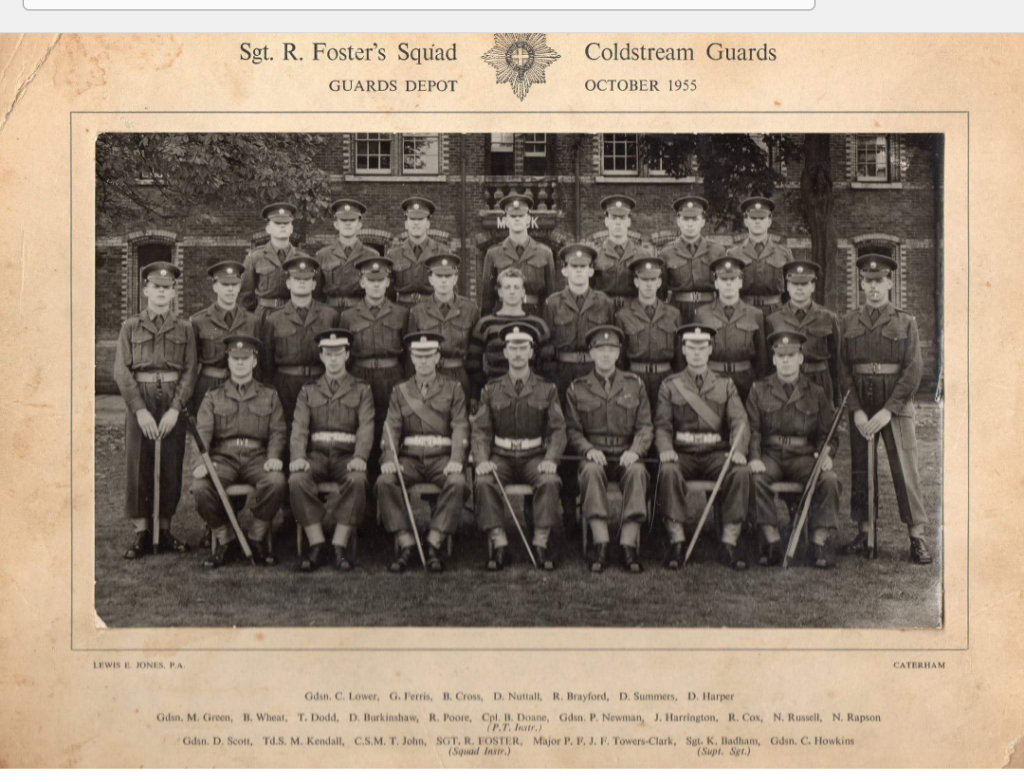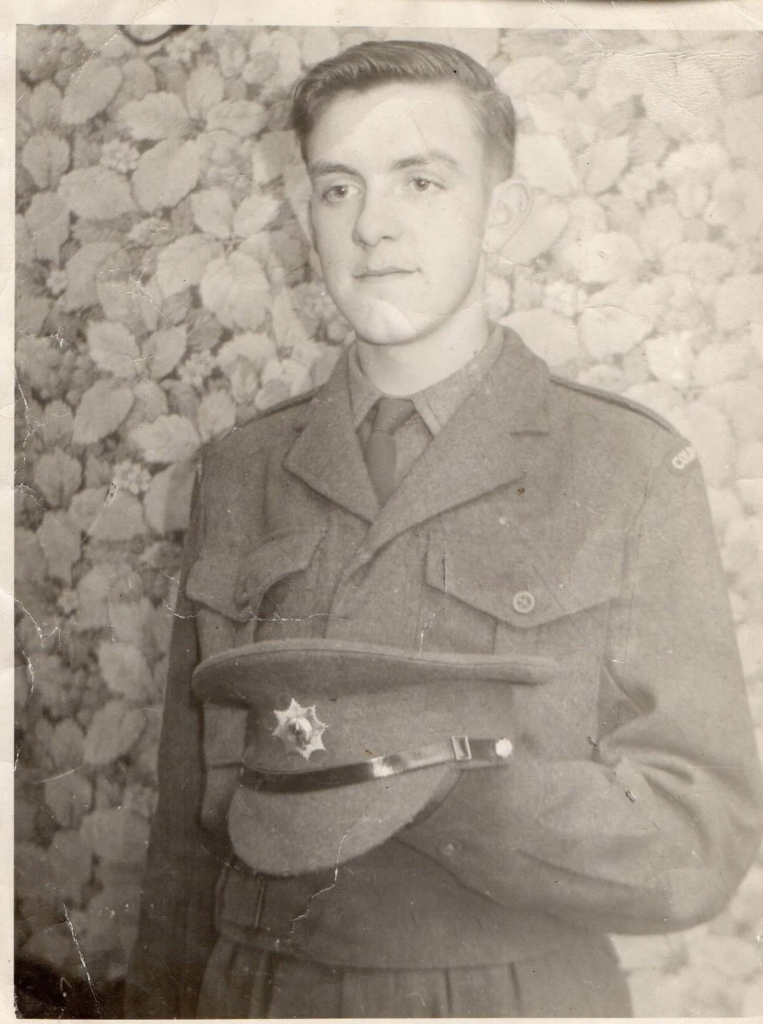Every orchestra needs a conductor, every rhythm selection a lead, here we have our orchestra of baton wavers and rhythmic leads… to guide our mission into the winds of success, we proudly present our Patronage, Captain and Crew
CEO & Founder of Military Veterans Creative Arts
“Connecting with my creativity has helped me make a massive step forward in my recovery. I’ve seen incredible changes in myself and my mind. It’s not as difficult as one might think to step away from the nightmares to a place of peace’’
We journey through life’s rich tapestry sending us along a winding path of adventure, discoveries and enlightenment. There’s a story behind most adventures in life, and Suzie’s is pretty remarkable.
She has trod the long and weary path from a place of hopelessness to aspiration. This journey of hers and that of her loved ones gave her the determination to see her dream become a reality by establishing Military Veterans Creative Arts (MVCA).

Her determination to set up MVCA came in part from being inspired by her father George, a veteran of the Coldstream Guards who was an essential driving force behind her journey into rediscovering her creativity. It also came from her close relationship with her friend Richard who served in the Royal Marines during the Falklands conflict and suffered from PTSD. Crucially though, it came from having first-hand experience with Complex Post Traumatic Stress Disorder.
Suzie has suffered from Complex PTSD for most of her life. She also has complex anxiety disorders, morbid tendencies, night trauma and panic attacks.
In order to deal with her condition she reached out for many alternative therapies along the way. She trained in counselling, psychology and NLP. She explored spiritual healing and embarked on various different self-help routes. All of which meant that she is very well placed to help people understand the problematic symptoms and suffering that comes with PTSD and anxiety.
After 43 years of therapy, however, she still found herself struggling with her disorder and began to feel that conventional therapy wasn’t working for her. Having to retell her story to all who promised to help her meant that she was forced to re live events that had been deeply upsetting which was effectively retraumatising.
Around the same time Suzie suddenly lost her mother and she began to fall apart.
It was her father, George, however, who reached out to her at this lowest point and asked her a question that would set her off on an entirely new journey. George simply asked, ‘ What do you want to do with your life Suzie?’ Her answer, without hesitation, was to ‘sing and learn to drum.’ Saying this out loud created a pivotal moment for Suzie. One that became her very first step towards finding a whole new way of helping her deal with her condition; exploring her relationship to music.
Supported by George she eventually wrote a song that led to her creating her first album, ‘Troubled Minds’. An album she dedicated to both George and Richard and to all those in the military suffering with Post Traumatic Stress Disorder. She used that album to raise awareness of PTSD and began to understand and realise the power that creativity was having on her health and wellbeing.
Once she realised that she had a passion for music as a therapeutic process, she decided to go back into training and enrolled at a Level 3 Music Course at South Devon College in Paignton. Academic study has always been difficult for Suzie as she has dyslexia and learning challenges, but her determination to not allow this to define her meant that she not only eventually passed but received a double distinction.
She began one-to-one private song writing training to learn how to break down the process of writing songs. Not wishing to rest on her laurels she then studied for three years at University and gained a First in a B.A. Honours degree in Music Production and Creative Recording in 2020. For someone, who at the age of 7 was once read in her doctors’ notes; “severely disturbed and low intellect’ she had finally proved to herself that she had the power, the determination and the courage to map out her own life and become whatever she wanted to be.
During her time at university she donated copies of her albums to various charities connected to the armed forces to help them raise funds.
The culmination of all her hard work was to set up MVCA which she describes as ‘an alternative therapeutic route for people to move from surviving to thriving’. She has since worked with many veterans to give them the tools to help them find their voice, to search for their words to express what life in the military feels like and to help them turn their suffering into art.
More recently Suzie organised a major project with veterans and their families to sing and record a brand new single that she has built up into a song using words and phrases submitted by Veterans. That song, called ‘Stay Strong’ , is available to purchase and a video available on YouTube. The song was also performed by another group of veterans from the Blue Van in Eastbourne and she used various arrangements to complement the different versions.
Suzie feels “Being able to express words and feelings through creativity helps to find your voice through self-expression. Crucially though, in a non-invasive way, allowing the person to be in control of their own recovery.” Suzie’s preferred media is song writing. She feels that taking an experience and crafting it into a song is not only cathartic and therapeutic process but the message connects with both the writer and the listener. “It enables you to feel good about yourself; that you’ve created something unique and it’s your own truth and inner thoughts”.
Suzie wants to show others that engaging in creative arts can help us live life to the fullest and that it is achievable. “You can get through the traumas without re-traumatising. Trust your instincts and believe in your talents, hopes and purposes”.
Her ultimate goal is to run creative workshops of various activities that armed forces personnel and their families can attend either at a residential location or via Zoom hub sessions to explore their creativity as a therapeutic process to help in their recovery. Suzie believes that she is very fortunate to have this fantastic opportunity to help people understand the problematic symptoms and challenged they suffer from Post-Traumatic Stress Disorder and anxiety.
“I am passionate about putting words to music for Veterans and supporting those that have PTSD because I don’t believe they get enough help. I am lucky that I have had support, but I feel strongly that there’s just not enough help out there for them. I know from my studies and experience that what MVCA offers can help and I’m looking forward to bringing to fruition the endless possibilities.”

My late father George 
My late father George.
